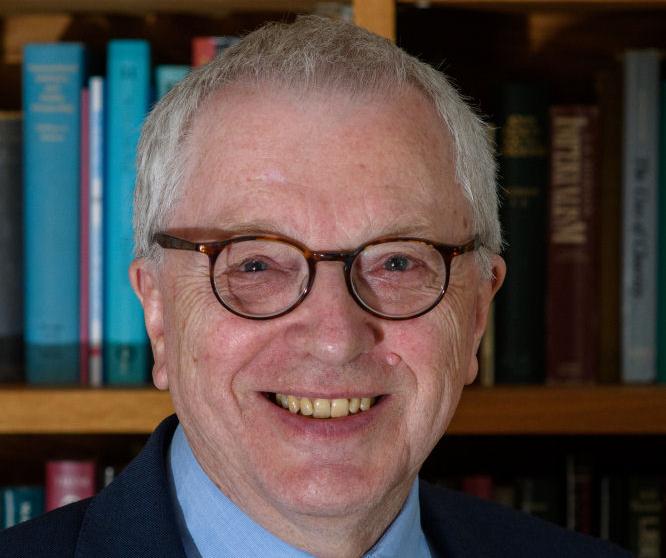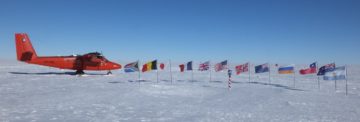Education
28 July 2020 – A new Prince of Wales Global Sustainability Fellow has been appointed to lead research exploring strategies to reduce outdoor air pollution in Uganda and promote healthy communities through evidence-based policies and citizen science.

Tuesday, 21 July 2020 Martin Daunton Appointed Visiting Professor of Economic History at Gresham College News Congratulations to Martin Daunton, Emeritus Professor of Economic History, who has been appointed Visiting Professor of Economic History at Gresham College, London’s oldest Higher Education Institution. At Gresham, Daunton will deliver free public lectures addressing issues of intergenerational justice….
Groundbreaking findings in the search for realistic means to remove carbon dioxide from the troposphere have been published in a new article in Nature led by Professor D. J. Beerling, Director of the Leverhulme Centre for Climate Change Mitigation, at the University of Sheffield.

Friday, 10 July 2020 Professor Sivasundaram publishes article on the need for a prehistory of Covid 19 which considers animal/human relations News Following his contribution to the History of the Now podcasts Professor Sujit Sivasundaram is publishing an article in Past and Present titled The Animal, the Human and the Prehistory of Covid-19. An abridged article can be…
S.M. Mendel Bindell smmb2 Sat, 07/04/2020 – 12:03 PhD Candidate in Intellectual History Doctoral thesis: “Concrete Dreams: Utopia, Ideology and the Social Power of Art” Master of Philosophy, Philosophy of Religion, Faculty of Divinity, University of Cambridge, 1st Class Bachelor of Arts in Religion and English Williams College, Highest Honors, cum laude PhD Candidate in…

The South Pole has warmed at over three times the global rate since 1989, according to a paper published in Nature Climate Change today (29 June 2020). This warming period was … The post Record warming at the South Pole appeared first on British Antarctic Survey.
28 May 2020 – Alice Chapple, Course Convenor on the new Sustainable Finance online short course from the University of Cambridge Institute for Sustainability Leadership (CISL), explores the trends that are emerging in the world of finance, from the need to manage climate change risk, to responsible investment and harnessing big data.
April 2020: Climate change may amplify natural beach erosion which could significantly impact on sensitive wildlife habitats and coastal communities. Researchers are calling for increased adaptive capacities from coastal communities to build resilience and to increase efforts to curb climate change.

Image: You. Smart. Thing. Covid-19 Essential Travel Assistant. A virtual travel assistant that can help users make socially distanced journeys – including when travelling on public transport – could help us as we emerge from lockdown. So says Janet Wang, an alumna of this department, who is working with Birmingham-based travel management company You. Smart….
